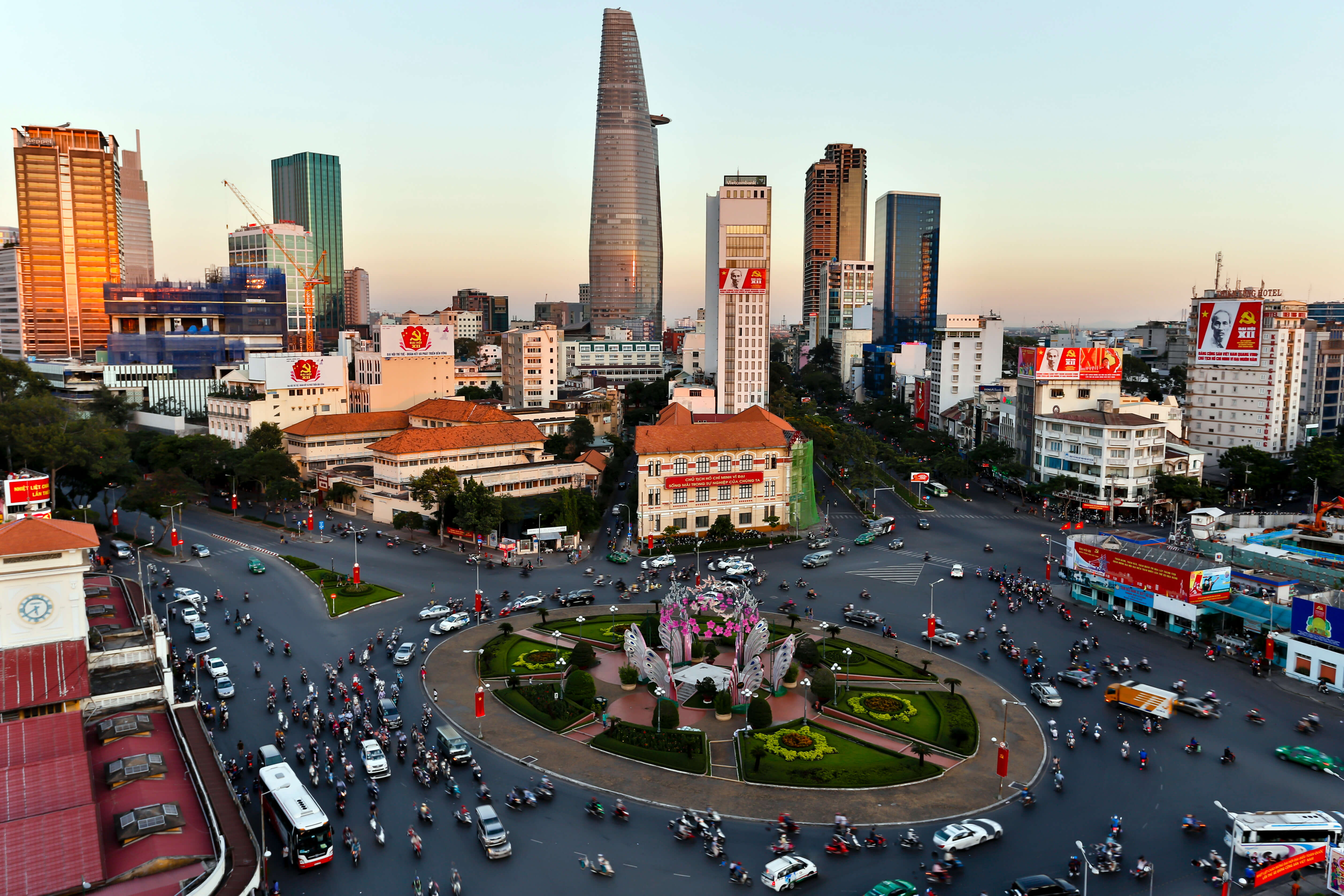
In a noteworthy shift, economic experts in Vietnam have publicly endorsed the government’s draft decree that proposes relaxing the current restrictions on local citizens’ access to casinos. As reported in the Inside Asian Gaming, these economists argue that broadening domestic casino access isn’t just a matter of easing policy—it’s a strategic necessity to retain gambling revenues within the country and strengthen regulatory oversight over what has traditionally been an opaque, largely offshore activity.
At the heart of the debate is the recognition that, under the current pilot program launched in 2016, Vietnamese nationals have only been allowed to gamble legally at the Corona Resort & Casino in Phu Quoc, provided they meet stringent income requirements and pay entry fees. Yet with enforcement proving difficult, many Vietnamese simply cross into neighboring Cambodia—or travel to Macau, Singapore, or Hong Kong—to gamble, undermining both domestic regulation and potential tax revenue.

One prominent voice, former legislative researcher Dinh Xuan Thao, lamented the paradox of licensed casinos that remain inaccessible to locals. “Casinos are already licensed nationwide, yet Vietnamese are barred from them. This is inconsistent. Expanding access would allow for better oversight,” he told Tuoi Tre. His words underscore a widespread consensus: restricting access only pushes citizens into unregulated or foreign jurisdictions, where monitoring and consumer protection are minimal.
Economist Ha Ton Vinh likewise supports the proposal, emphasizing the practical importance of aligning Vietnam’s policies with regional peers. He notes that the country already hosts various types of casino operations—from boutique gaming rooms within luxury hotels to sprawling integrated resorts—and allowing local participation would level the competitive playing field while drawing from proven models in Macau, Singapore, the Philippines, and Malaysia.
Voicing a health‑oriented perspective, Associate Professor Dinh Trong Thinh encourages a cautious roll‑out: setting cash entry limits and requiring proof of income to mitigate addiction risks. Meanwhile, Nguyen Quang Dong, head of the Institute for Policy Studies and Media Development, emphasized that gambling is an adult choice but recommended confining casinos to controlled zones to contain potential social fallout.
Complementing their arguments, the proposed draft decree outlines several regulatory changes aimed at reinforcing oversight. These include replacing income documentation with a simple entry fee—set at VND 2.5 million (~US$95) for daily access or VND 50 million (~US$1,905) monthly—combined with stringent ID verification, retention of customer data, and surveillance measures. The aim is to streamline compliance without sacrificing accountability, particularly since the previous requirement to prove income was often impractical for spontaneous visits.
Taken together, these proposals reflect a calculated and multifaceted approach: to bring local gambling into the legal, taxable fold; to offer a competitive outlet comparable with neighboring markets; and to reinforce consumer protection through monitored, structured access. As Vietnam continues to refine its gaming regulations, the balance between economic opportunity and social responsibility will be crucial.

 Content Writer: Janice Chew • Thursday, 25/08/2025 - 19:06:22 - PM
Content Writer: Janice Chew • Thursday, 25/08/2025 - 19:06:22 - PM